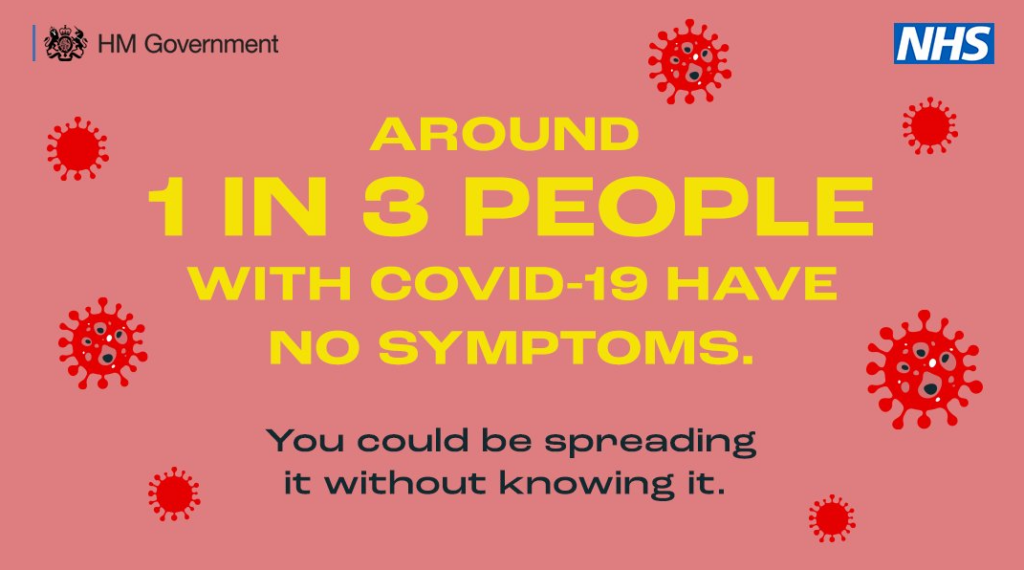Daily Sceptic | 5 Sep 2023
Asymptomatic people with Covid are only responsible for a tiny fraction of spread, a study in the Lancet has found, exploding a myth that formed a key part of social distancing policies and fear messaging during the pandemic.
The study, from a team at Imperial College London, is the latest to come out of the human challenge trial, in which 36 people were deliberately infected with SARS-CoV-2 and followed up.
Earlier results from the trial published last year made the surprising finding that only around half (53%) of those who were inoculated with a droplet of infected material in their nose – none of whom had known prior infections or antibodies – went on to test positive for the virus, indicating an unexpected level of immune resistance to the virus.
In the new paper, published in the Lancet Microbe, the researchers report that just 7% of virus emissions occurred before the first reported symptom, indicating that transmission during the presymptomatic phase is responsible for a tiny fraction of overall spread.
This contradicts a claim that was a key part of the case for universal social distancing, lockdown and masking policies, and was used extensively in fear messaging to induce compliance. For instance, numerous U.K. Government posters asserted that “around one in three people with COVID-19 don’t have any symptoms, but can still pass it on”.





The claim also cropped up frequently in the scientific literature, with a 2020 paper in Nature claiming: “Containment of COVID-19 is made difficult because, unlike SARS-CoV and MERS-CoV, SARS-CoV-2 is commonly spread by people showing no symptoms.”
But it turns out that this central plank of The Science is a myth. Almost all COVID-19 transmission occurs only once symptoms have begun.
Regarding truly asymptomatic infections, the researchers found just one participant (of 18) who had a period of testing positive but reported no symptoms at all. He or she did emit some virus, indicating that spread from people asymptomatic throughout a genuine infection is possible, but makes up only a tiny proportion of total spread.
Interestingly, the researchers also found evidence to support the super-spreader hypothesis, as 86% of total detected airborne virus was generated by just two participants (11%) over three days. With the researchers also finding no relationship between symptom severity and emissions (i.e., those with the worst symptoms didn’t necessarily emit the most virus), the study shows there is still much we don’t understand about viruses.
It is notable that this latest debunking of the official narrative came from Imperial College, with Professor Neil Ferguson himself one of the authors. It seems that sometimes even the arch-lockdowners have to give ground to the truth.
As another official ‘fact’ falls to the ground, please can we stop the censorship of dissent?


